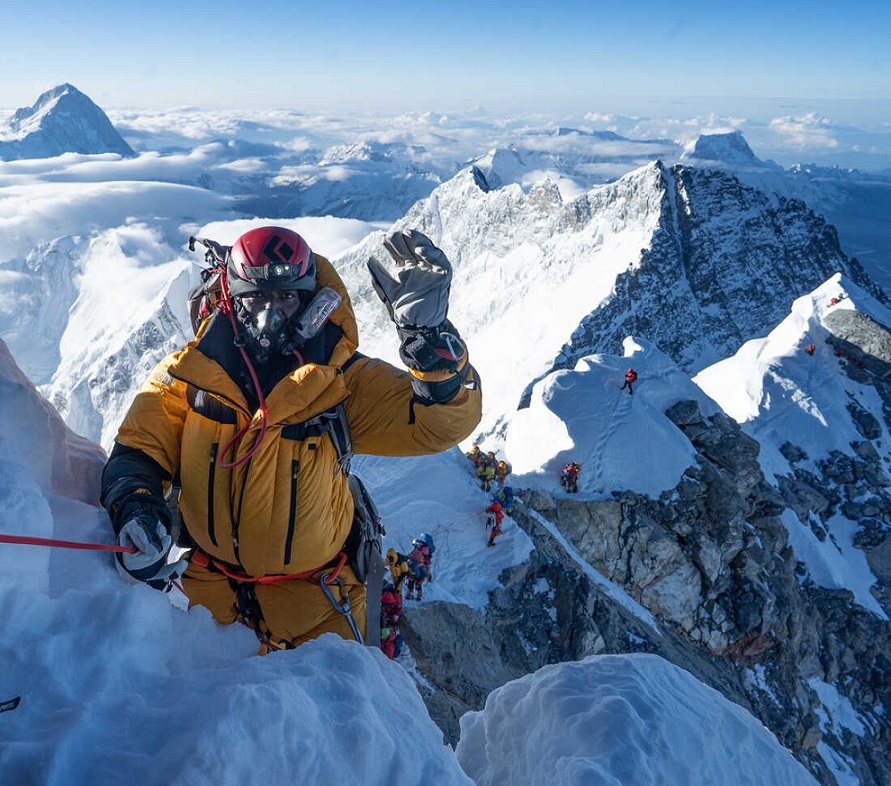
Here’s a detailed overview of how Everest mountaineering has been portrayed in Hollywood productions:
- Historical Context
- Mount Everest has captivated global imagination since the first confirmed ascent in 1953 by Edmund Hillary and Tenzing Norgay
- The mountain’s extreme challenges (8,848m altitude, -60°C temperatures) naturally lend themselves to dramatic storytelling
- Major Hollywood Productions
- Everest (2015) – The most prominent Hollywood adaptation, starring Jake Gyllenhaal and Jason Clarke, depicting the tragic 1996 disaster where 8 climbers died
- Everest: Beyond the Limit (2006) – Reality TV series documenting commercial expeditions
- Everest: Getting to the Bottom of the Mountain (2003) – Documentary examining the commercialization of Everest climbing
- Hollywood’s Dramatic License
- Films often emphasize:
- The “death zone” above 8,000m where oxygen levels are lethal
- Commercialization controversies (guided tours for amateurs)
- Ethical dilemmas about helping dying climbers
- Typical tropes include:
- Frozen corpses as trail markers
- “Summit fever” overriding judgment
- Equipment failures in extreme cold
- Reality vs. Hollywood
- Actual success rates: About 60% of attempts succeed, with 1 death per 20 summits
- Hollywood exaggerates:
- Frequency of avalanches
- Constant life-threatening drama
- Heroic solo rescues (rare in reality)
- Cultural Impact
- Films have increased public awareness of:
- Environmental damage (tons of waste left behind)
- Overcrowding issues (300+ climbers in 2019 season)
- Local Sherpa communities’ crucial role
- Recent Developments
- 2023 became the deadliest year on record (17 deaths)
- Growing criticism of “disaster tourism” depictions
- Increasing use of helicopter rescues in films
The Hollywood treatment has undoubtedly romanticized Everest while also exposing its dangers, creating a paradoxical effect on public perception of high-altitude mountaineering.
















